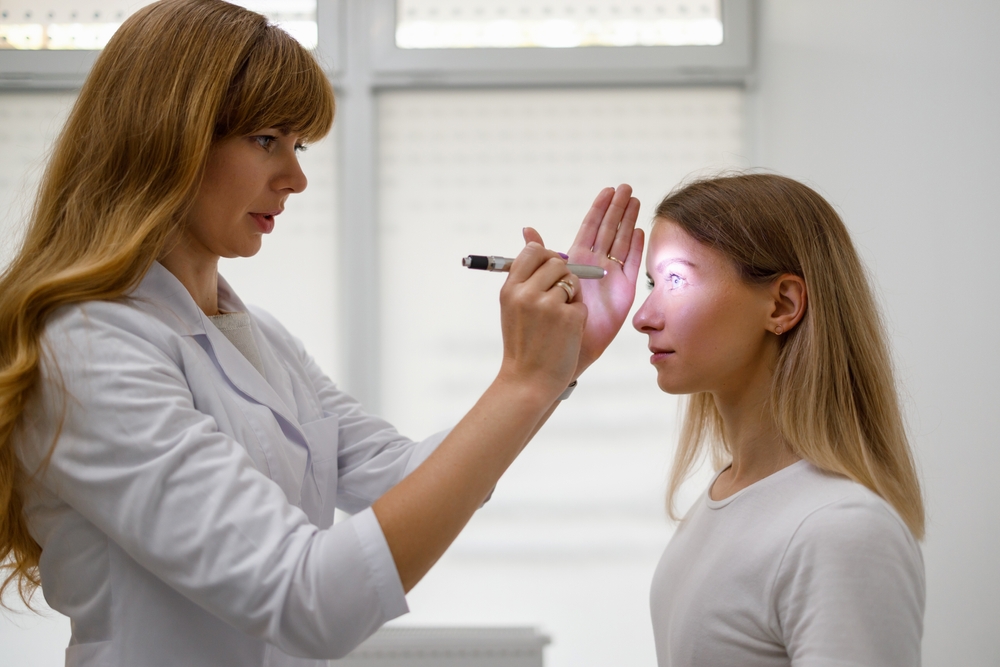
When a person sustains a brain injury, the impact can be far-reaching, affecting various aspects of their daily life, including their vision. Neuro-optometric rehabilitation is a specialized field that addresses the visual challenges faced by individuals with brain injuries, providing a comprehensive approach to their recovery and overall well-being.
Understanding the Impact of Brain Injury on Vision
Brain injuries, whether caused by trauma, stroke, or other neurological conditions, can have a significant impact on an individual's visual system. The complex interplay between the brain and the eyes can lead to a variety of visual problems, such as:
Reduced visual acuity
Decreased depth perception
Difficulty with eye tracking and focusing
Sensitivity to light and glare
Visual field defects
Impaired visual-motor coordination
These visual challenges can make it difficult for individuals to perform everyday tasks, such as reading, driving, or navigating their environment. Addressing these issues is crucial for their overall recovery and rehabilitation.
What is Neuro-Optometric Rehabilitation?
Neuro-optometric rehabilitation is a specialized field of optometry that focuses on the visual and perceptual challenges faced by individuals with brain injuries or neurological conditions. The primary goal of neuro-optometric rehabilitation is to help individuals with brain injuries regain control of their visual functions and improve their overall quality of life.
How Neuro-Optometric Rehabilitation Works to Improve Visual Problems
Neuro-optometric rehabilitation takes a holistic approach to addressing the visual challenges faced by individuals with brain injuries. The process typically begins with a comprehensive visual assessment, which helps the doctor identify the specific visual problems the individual is experiencing. Based on this assessment, a customized treatment plan is developed, which may include:
Vision therapy: This involves a series of specialized exercises and activities designed to improve the individual's visual skills, such as eye tracking, focusing, and visual-motor coordination.
Assistive devices: Specialized lenses, prisms, or other assistive devices may be prescribed to help the individual navigate their environment and perform daily tasks more effectively.
Through this multidisciplinary approach, individuals with brain injuries can experience significant improvements in their visual function, which can have a positive impact on their overall recovery and quality of life.
Schedule a Consultation with Holistic Vision Today
Brain injuries can have a profound impact on an individual's visual system, leading to a range of challenges that can significantly affect their daily life. Neuro-optometric rehabilitation offers a comprehensive and specialized approach to addressing these visual problems, helping individuals regain control of their visual functions and improve their overall quality of life.
If you or a loved one has experienced a brain injury and are struggling with visual problems, consider exploring the benefits of neuro-optometric rehabilitation. This specialized approach can help you regain control of your visual function and improve your overall quality of life. Contact Holistic Vision today to learn more about how we can assist you on your journey to recovery. Visit our office in Jenkintown, Pennsylvania, or call (267) 500-9600 to book an appointment today.








